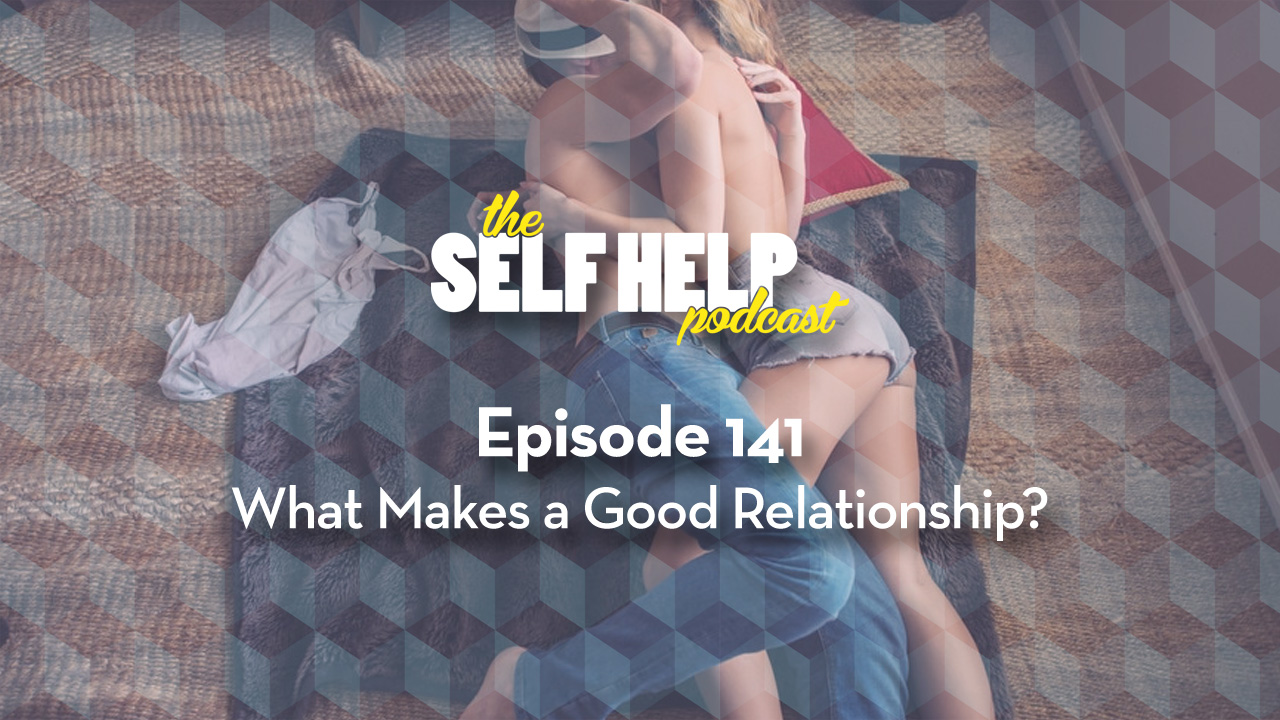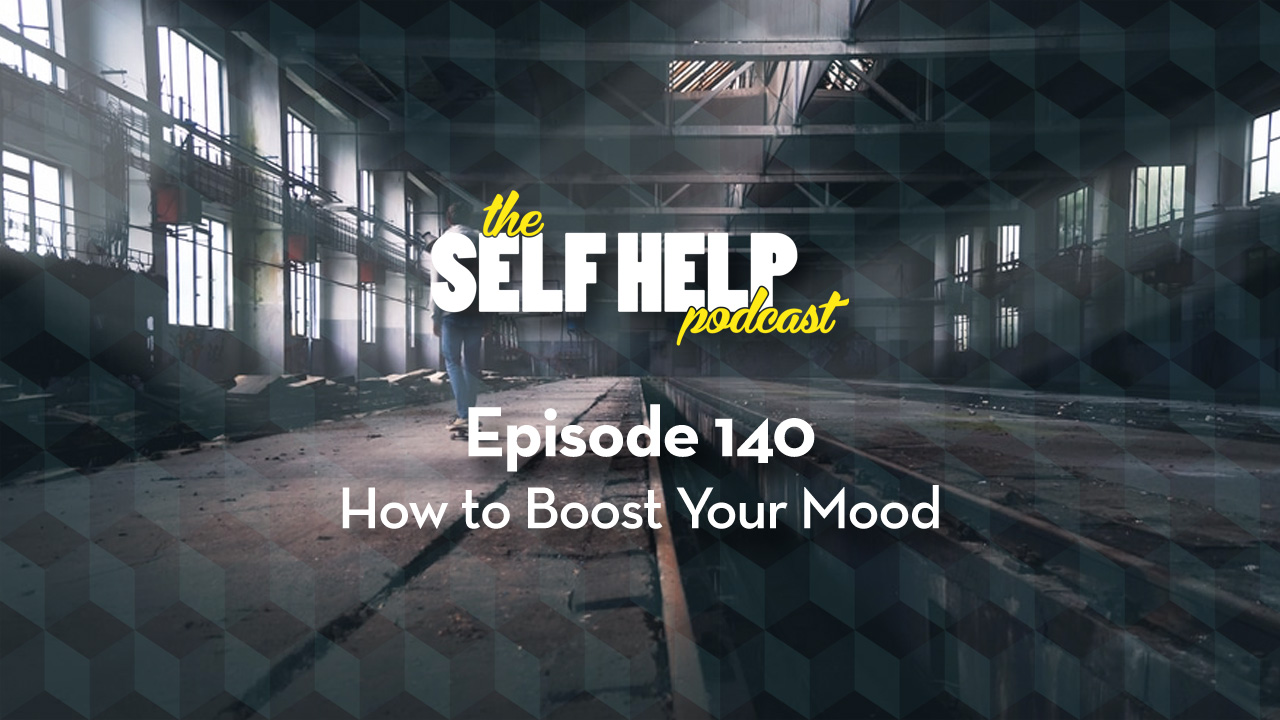In the world of mindfulness the acknowledgement that ‘thoughts become things’ leads to the understanding that we are all responsible for our own feelings. All that we think, feel and do will boost our mood either positively or negatively. The point is one of choice. It is only in awake-ness that we realise we have a choice. Up to that point of awakening we are simply on a default setting and do what we do because that is what we learn to be. So when we boost positively, how do we do it? Magically in Ayurvedic philosophy we have the answer to that it is in the different levels of mind, body and emotion that is called the chakra system. I’ll start from the bottom end and work up.
1: Muladhara – Base chakra – Red – Perineum – Gonads – Karma
This is your physical body, the meat and bones, the solid hardware of who you are. The mood boost at the red level is physical health. The mood boost here is to be fit and health. Choices include weight, diet and exercise. It is said that a healthy body equals a healthy mood. If you choose to be unhealthy and over weight and not exercise your mood will be down. If you choose to exercise be fit and eat well your mood will rise. If you develop a good relationship with your body doing a bit of exercise will raise you mood quickly.
2: Svadisthana – Energy chakra – Orange – Just below your navel – Adrenals – Hatha
This is your energetic body. When you add energy to the body, orange to red, you have life. in separation you have death. The energy at this level has several names – Bio-Energy, Chi, Ki, Prana, Etheric energy, Auric energy. Emotionally this is sensuality. It is a world of touch that includes massage and healing but also friendship, groups and belonging, social networks and family. When we become tense, when the meat and bones of the red level ache and are sore it is because the orange energy is blocked or is not flowing. When we get our body moving in exercise we allow the energy to flow. The social interactions of exercise classes enhances this effect. Zumba, Aerobics, Yoga and so on are all group activities that feed orange energy. At the level of a couple the act of making love, orgasm and most importantly foreplay and after play all allow for free flowing orange energy. To boost you mood at this level you need to develop and nurture your relationships and pay attention to the tensions in your body and do something about them, go for a massage, join a club, make love.
3: Manipura – Perceptual chakra – Yellow – Solar Plexus – Pancreas – Janana
This is the extrovert intellectual world of experience that includes words like, new experience, challenge, difference, newness, novelty and fun. When we have low yellow energy we may feel bored, tarnished, lack energy and feel subject to the same old, same old feeling of ground hog day.
The experience of perpetual routine, repetition and feeling trapped in a position or circumstances will create a low yellow mood. Boosting your yellow mood means fun, newness and challenge. Studying, learning new skills, taking up a hobby, reading a new book, meeting new people, when did you last do something new, play or do something just for the fun of it?
4: Anhatta – Emotional chakra – Green – Heart – Thymus – Bhakti
Agatha means ‘the unstuck sound’ it is the essence of self, of who you are. It is often expressed as the ego as either confidence, arrogance, or service, love and care, which is termed ‘Bhakti’ in Ayurveda. When our green mood is low we tend to become depressed, lack confidence and feel a lack of value or worth. Low green also means lack of energy and fatigue and is related to M.E. Chronic fatigue and the various myalgias. Green health comes from doing things that you can feel proud of. It might be achievements that come with great accolades or it might be the simple acts of giving or care. The law of attraction suggest that in giving we attract more of the same back to ourselves. To give love leads to receiving love. To give money leads to receiving money. When we feel in a low green mood often we become boosted by doing something for others. Unattached, egoless giving to others raises and boosts our mood.
5: Vishuddi – Cognitive chakra – Blue – Base of throat – Thyroid – Mantra
This is the internalised mind, cognition and conception, it is the store of information and long term memory. It is also the part of ourself that determines the rules that we live by, our sense of morality and of what is right and wrong. The two things that create the most low blue mood are dishonesty and disorganisation. This maybe our own disorganisation when we are unable to find things or forever turn up late or it might the frustration of the same behaviour from others. Honesty is a huge issue. When someone is unfaithful or let’s us down we can hold that hurt for a lifetime. If we have been dishonest the emotion that follows on is normally guilt and that may also drag us down. The blue part of the personality can easily become fixed. This is the part that comes up with phrases like ‘it is known fact that …’, or ‘everyone knows that’. Such fixed attitudes come from frozen emotion. Often our blue attitudes, concepts and ideas are born of solidified emotion that is the fixing. When these fixed attitudes are moved there is often a huge release of emotion that is termed an ‘abreaction’. Blue health and mood boost comes from being honest with yourself, doing the right thing and living ‘righteously’ thus avoiding feeling of guilt or regret. The second most important thing is learning to let go, as in step one of the live in the present book. While we hold on to past hurts and ideas we are unable to progress and develop as a person. All personal development begins with letting go of the unresolved past – also known as forgiveness.
6: Ajna – Intuitive chakra -Indigo – Centre of forehead – Pituitary – Raja
The intuitive mind is governed by meaning. The meaning of something is the sound behind the music, the substance behind the word, the feeling behind the emotion. It is the knowing without knowing. The heard sound of one hand clapping. Intuition tells us things beyond logic and cognition. The main tool in the intuitive arsenal is empathy. Sympathy is when we resonate with ‘our’ feelings of what ‘you’ are experiencing. Empathy is when we can walk in your shoes and feel what you are feeling directly. Many people who think they are empathic are really sympathetic and are re-interpreting the feelings of others into their own framework. When we have low intuition we have lost, or are losing, the meaning in life. ‘What is the point?’ The extreme of this is suicidal ideation being intuitively healthy is when life feels meaningful and purposeful. Often the key to this is in giving yourself time and value, in looking after your own needs. After all we cannot really look after others unless we feel good in ourselve. When did you last do something for you? What do you do to attend to your own wellbeing? Bottom line is ‘what you feed grows and what you starve dies’. If you want to live happily you need to feed yourself, to feed you emotional, intuitive self.
7: Shasaram – Creative chakra – Violet – Top of the head – Tantra
The creative mind is the tool of visualisation. The word Tantra is often mistaken to be about sexuality, actually it is about creativity. Tantra is the science of the imagination and it is the imagination that is the seed of creativity. In modern mindful psychology you will hear two main concepts. The first is that “thoughts become things” or “what you think about you bring about”. The second is we become what we visualise which is the basis of sports and performance psychology. We are all scriptwriters. Each day when we wake we decide on the day we will have. Before we attend a meeting or an interview we have already decided the outcome. Perhaps we should be saying that it is not thoughts that become things, it is the visualised images that we hold that are the script that we live. After all anxiety is when we imagine a future that may never happen and then live it in the present as though it has. Where as creativity is when we imagine a positive future and then work towards it. When we have a low level creative energy we visualise the worst possible outcomes and then go and live them out. To be creatively healthy we need to focus on those things and events that serve us well and then go and live those out. We are what we imagine ourselves to be.
8: Ashtanga – The whole – White
In the Ayurvedic world these different chakras where considered a path that was described as a. Yoga as in Karma, Hatha, Janana, Bhakti, Mantra, Raja, and Tantra. Each path was considered to be suited to different personality types enabling their self development. The alternative was to study all seven. This was termed Ashtanga or integral. The white signifies the total of all things, like light before it is split through a prism into the seven colours. Each colour is a subset of the whole. The white is the mixed balance of all the colours together. This equates to what we would call spirituality, consciousness or the higher self. It is only when we have boosted and balanced each of the colours that we can achieve or obtain Ashtanga.
Have a good look a yourself. Check your chakras. Which ones are open and working well and which are creating problems for you? The next step is to put things in place that will serve you well, boost your mood and emotions and create the best version of you that thee can possibly be.
Take care, be happy and live in the present
Sean X




